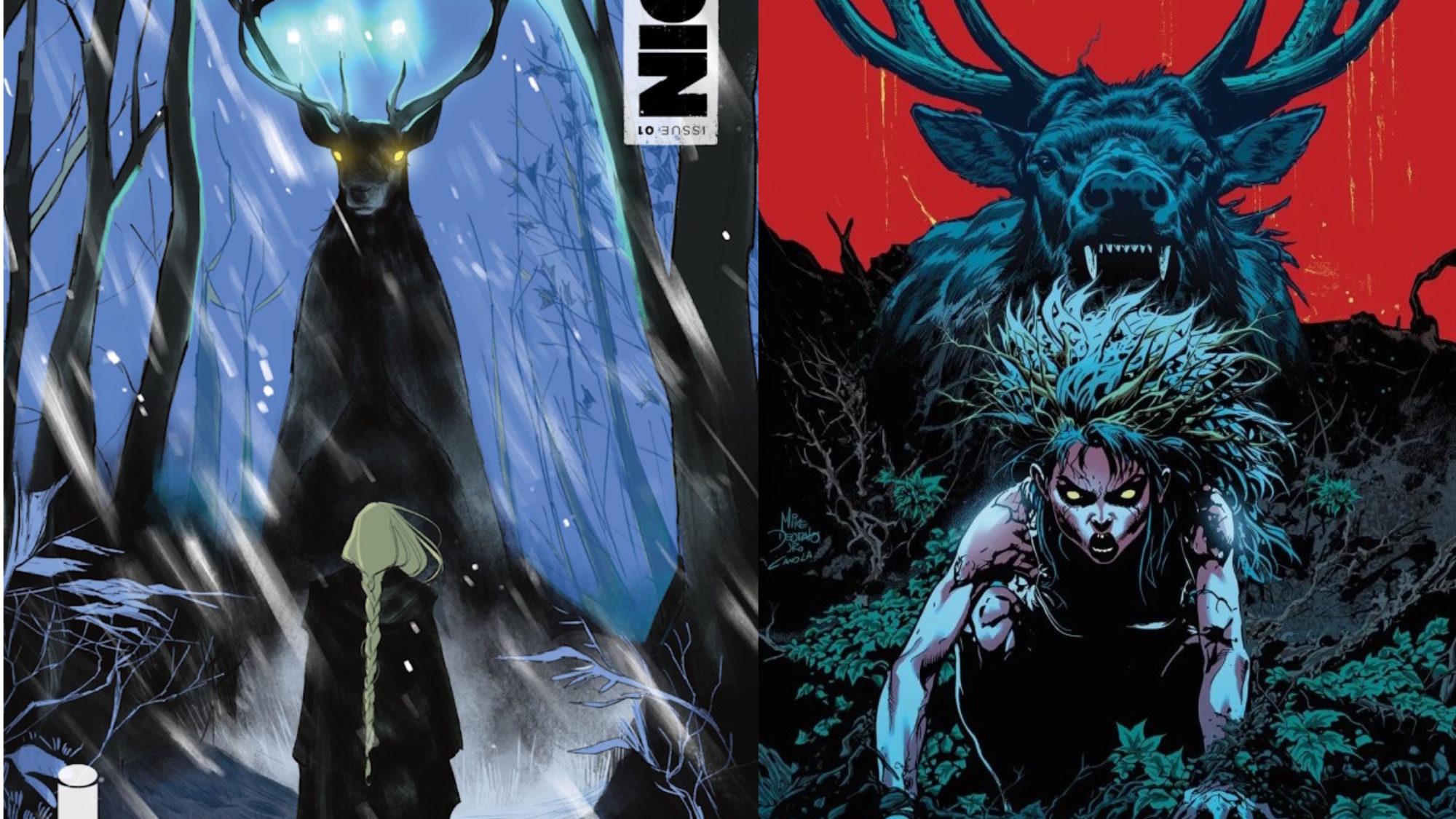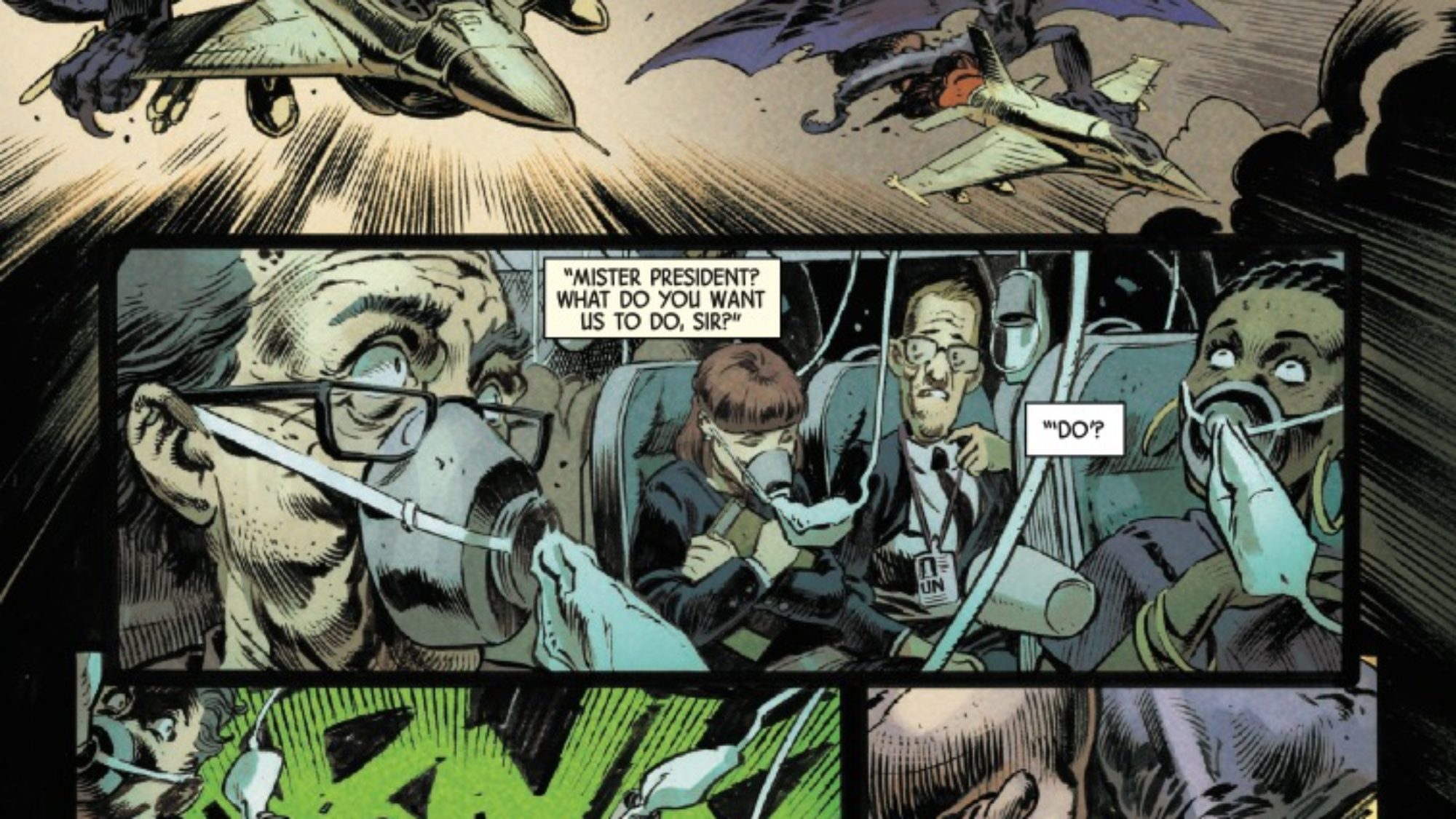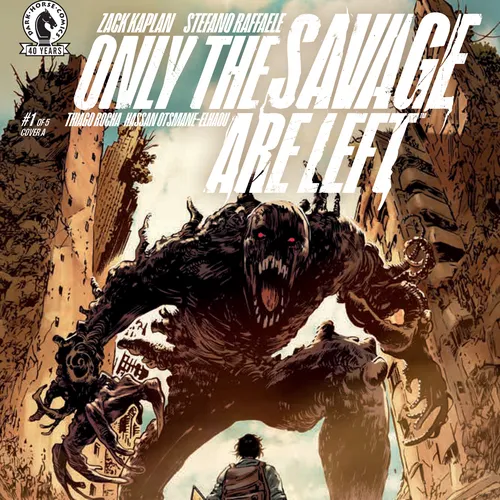The golden age of television has brought us tons of dazzling prestige content, but the science fiction TV of this century has been particularly groundbreaking. A far cry from the cardboard sets and tin-foil props of yore, sci-fi is no longer relegated to niche corners of fandom. It’s become one of the most popular, critically respected, and award-winning genres of the modern era. These shows have taken bold risks, delivered hours of edge-of-your-seat entertainment, and even envisioned our possible futures.
The sci-fi boom of the new millennium offers something for every kind of viewer. Whether you’re in the mood for mind-bending twists, a bone-chilling cautionary tale, or simply a stunning spectacle to ogle on your 4K TV, these series redefined the limits of the genre and earned their place in the best sci-fi shows of the 21st century.
10) Westworld

If all of Westworld had maintained the level of brilliance in Season 1, it would likely sit higher on this list. Though it lost viewers in its later seasons due to increasingly messy plotlines, Westworld, created by Jonathan Nolan and Lisa Joy from Michael Crichton’s 1973 film, remains a defining entry in 21st-century TV. The first season was set in a futuristic Western theme park, where wealthy guests live out violent fantasies among lifelike android “hosts.” Behind the saloon shootouts, the narrative unfolded as an intricate and ambitious sci-fi mystery box.
Through hosts like Evan Rachel Wood’s Dolores, the show asked us to reconsider the line between artificial and real. And as their memories started to bleed through their programming, Westworld fractured time itself. The twists, which involved interwoven timelines and characters turning out to be hosts, helped us experience these heady themes through the eyes of the hosts themselves with real emotional impact. While later seasons expanded the story, they never quite recaptured the same wild-west fun and narrative precision.
9) Orphan Black
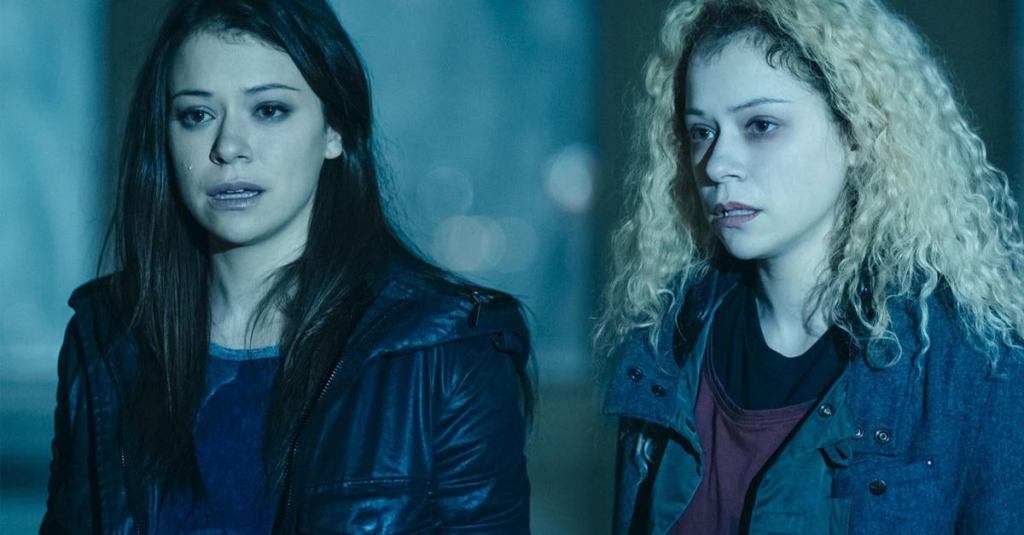
It’s impossible to talk about Orphan Black without mentioning Tatiana Maslany’s jaw-dropping performance(s). For five seasons, she brought to life more than a dozen genetically identical clones with entirely different personalities, backstories, and emotional arcs. To go from suburban soccer mom Alison to hacker punk Cosima to traumatized assassin Helena is an insane feat of acting. Maslany’s work was a masterclass and a cornerstone of the show’s success. Even beyond the acting, Orphan Black was a smart, twisty thriller that ran the sci-fi gamut from biotech ethics to surveillance culture.
Starting as a fun, conspiracy-fueled mystery, the series grew into its deeper themes of sisterhood, autonomy, and resistance to oppressive systems. Orphan Black did a fantastic job of making science feel personal and high-stakes, tying questions of identity and body autonomy directly to corporate greed. With all that plus a unique genre bend, the show found a loyal fanbase and helped inspire a new era of television led by complex female protagonists.
8) Fringe
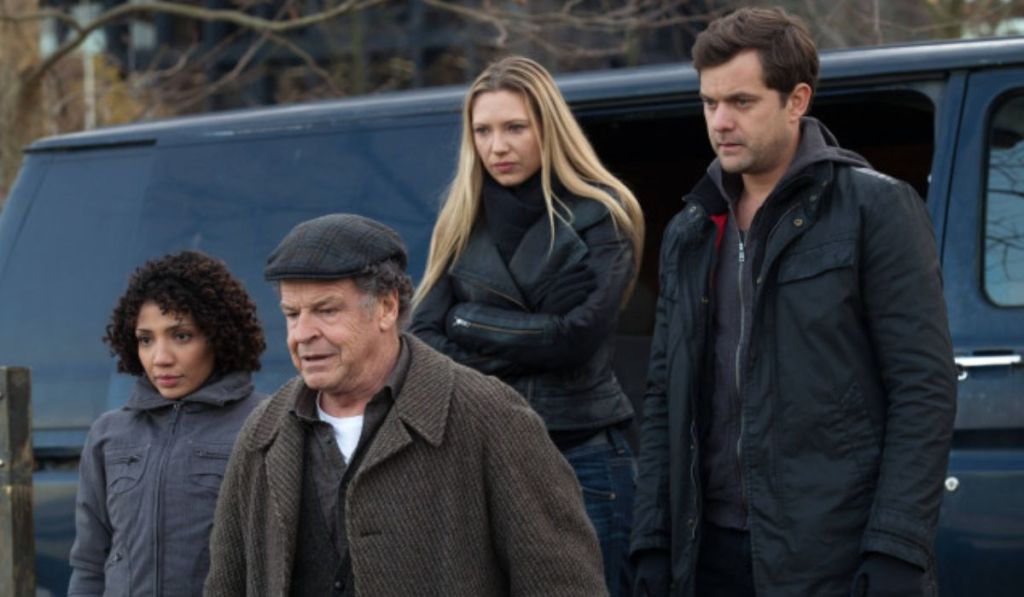
Initially dismissed as an X-Files clone, Fringe quickly carved out its own identity as one of the most daring sci-fi series of its time. The show, from J.J. Abrams, Alex Kurtzman, and Roberto Orci, featured the investigations of the Fringe Division, a government agency whose task it was to explore unexplained phenomena. However, the series went beyond the procedural formula by introducing alternate universes, parallel timelines, and bending realities.
Its exceptional cast included Anna Torv, Joshua Jackson, and John Noble, and their performances were paramount in Fringe being as much about family and personal sacrifice as it was about science and monsters. Walter Bishop in particular became one of the most beloved characters in modern sci-fi, thanks to Noble’s vulnerable portrayal. As the show progressed, it leaned harder into serialized storytelling, culminating in a final season that turned a fun conspiracy mystery into a profound sci-fi epic.
7) Stranger Things
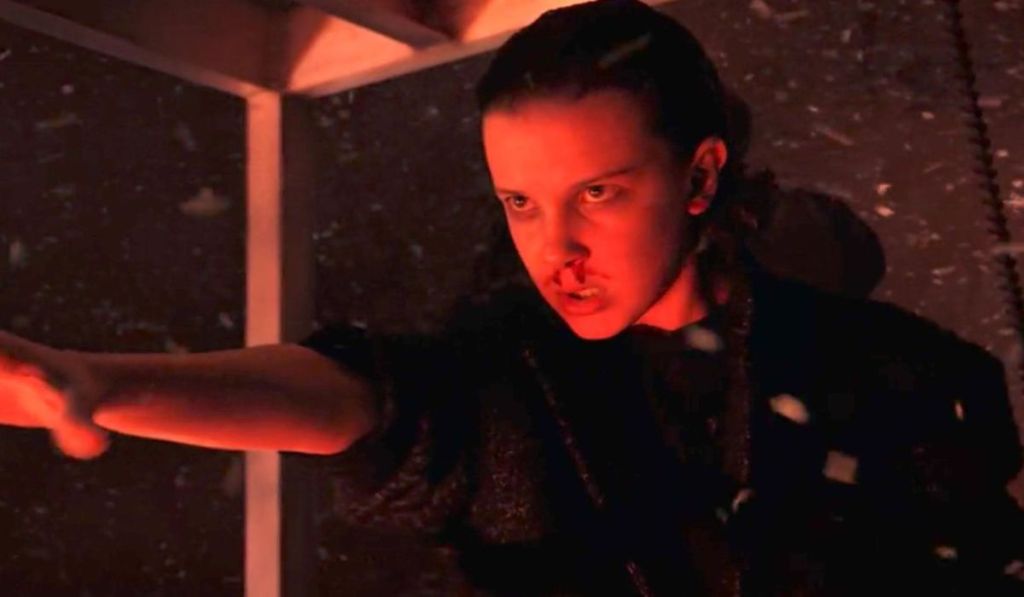
Stranger Things may wear its influences on its sleeve, but it’s also become a phenomenon all its own. Created by the Duffer Brothers, the show combined 1980s nostalgia and supernatural horror with sci-fi conspiracy and heartfelt coming-of-age drama. Its core group of kids, which included Millie Bobby Brown’s Eleven and Finn Wolfhard’s Mike, grounded the series in friendship, even as the Upside Down unleashed terrifying monsters and government secrets onto their quiet Indiana town.
A mega-hit for Netflix, Stranger Things owes much of its success to its mix of nostalgic ambiance and iconic characters. Eleven’s struggle to rediscover her identity, Hopper’s journey through grief, and Max stepping up as a surprise hero all contributed to a resounding emotional impact. It’s an homage to the 80s that brought the horror, sci-fi, and monster genres to a new (massive) audience. Whether Season 5 will live up to the standard of the show remains to be seen, but there’s no denying Stranger Things has already left a big mark on pop culture.
6) Firefly
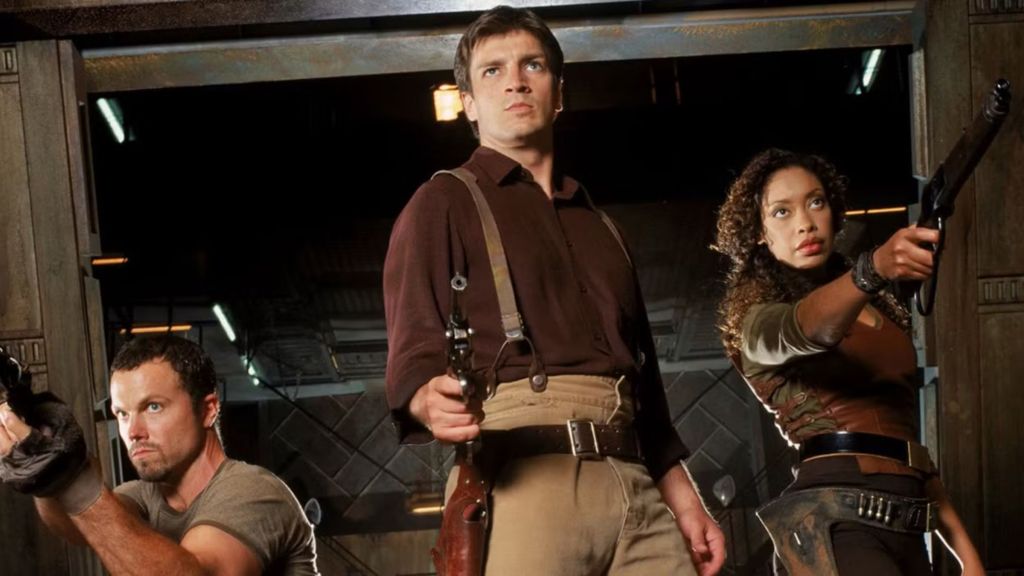
In terms of fandoms, few canceled shows can rival Firefly. Created by Joss Whedon, this space-Western hybrid aired for just one season before being infamously pulled by Fox. In those fourteen episodes, it built a rich world around a lovable crew of underdog smugglers and delivered great sci-fi storytelling. The DVD sales prompted a massive rise in popularity strong enough to justify a follow-up film, Serenity, which wrapped up the show’s loose ends.
From the honorable Captain Mal Reynolds to the enigmatic River Tam, each crew member aboard the Serenity brought memorable moments and endlessly quotable lines, including gems like “We’re not gonna die. We can’t die, Bendis. You know why? Because we are so, very, pretty.” It might have been short-lived, but Firefly‘s cult fandom is alive, well, and forever holding out hope for a return.
5) Severance
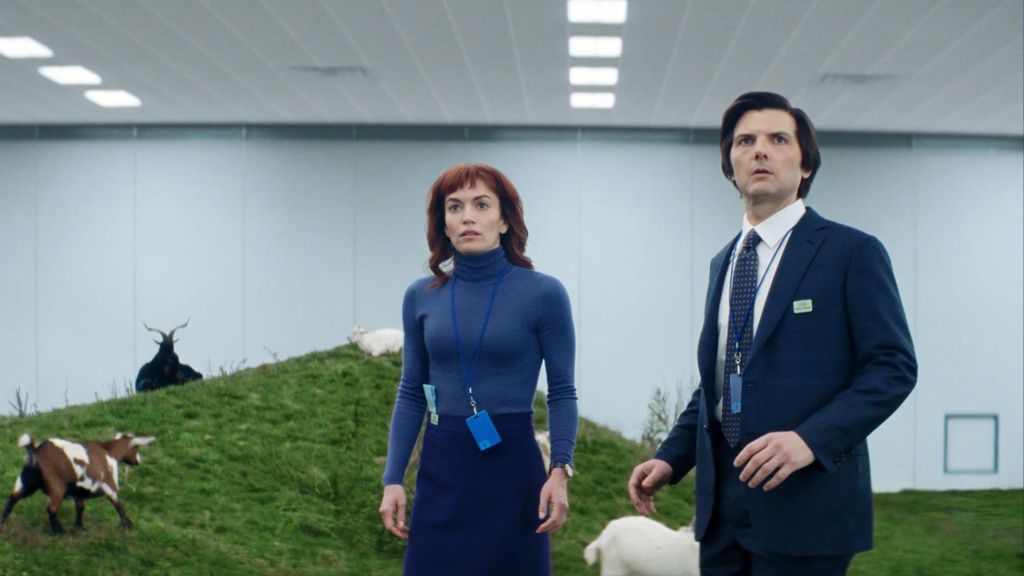
Apple TV+’s Severance is a high-concept workplace thriller that’s somehow both timely and timeless. Created by Dan Erickson and largely directed by Ben Stiller, the show centers on Lumon Industries, where employees undergo a surgical procedure that splits their consciousness between work and personal life. What follows is an existential mystery box filled with unnerving surrealist imagery, a haunting score, and career-best performances from Adam Scott, Britt Lower, and Patricia Arquette.
As a metaphor for work-life imbalance and corporate agenda, Severance operates at its highest level in masterpiece episodes like Season 2’s “Chikhai Bardo.” Cinematic language is used to its fullest in this series, with every set detail, color choice, lighting decision, and long take contributing to the uncanny world. The show’s careful pacing and slow reveals reward patient viewers, and the Season 2 finale cliffhanger left fans desperate for more. It’s one of the most original lo-fi sci-fi premises in years, executed to near perfection.
4) Doctor Who

The revival of Doctor Who in 2005 brought the long-running British institution back into the mainstream with a fresh perspective. Still featuring all the campy time-travel shenanigans, the series used a new format of largely self-contained episodes to tell its stories with a more cinematic edge. Under the guidance of showrunners like Russell T Davies and Steven Moffat, the show reintroduced the Doctor as a lonely alien with his own real capacity for love and loss.
Each regeneration brought a new, unique experice, with standout performances like David Tennant’s Tenth Doctor and Matt Smith’s Eleventh defining the character for a new generation of fans. From the heartbreaking “Doomsday” to the haunting “Blink,” the revival proved that the show could retain its clever tone and dive deeper into its characters. Doctor Who continues to reinvent itself with each new era, and even as it stumbles occasionally, its sheer scope keeps it essential viewing.
3) The Expanse
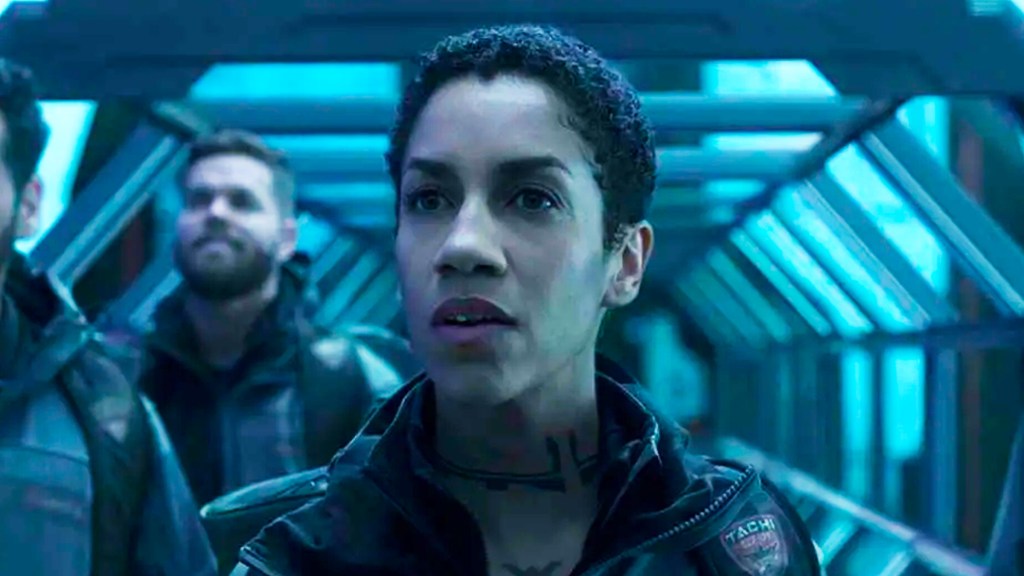
For fans of “hard” science fiction, The Expanse is a dream come true. Based on the acclaimed novels by James S.A. Corey, the show depicts a fully realized solar system populated by complex characters, factional politics, and the constant threat of war. Its attention to detail — from zero-gravity combat to the socio-political divide between Earth, Mars, and the Belt — creates a fully fleshed out universe that is ripe for fans to dig into.
What elevates The Expanse beyond its realism is its character work. The crew of the Rocinante, led by stoic captain James Holden and fan-favorite mechanic Amos Burton, becomes a kind of family navigating the high-stakes galaxy. The show evolves from noir-tinged detective-esque fun to cosmic horror epic, all while staying rooted in the relatable human drama. After a cancellation by Syfy, Amazon picked up the series thanks to popular demand, allowing it to finish its arc and cement its place as one of the greatest sci-fi sagas on TV.
2) Black Mirror
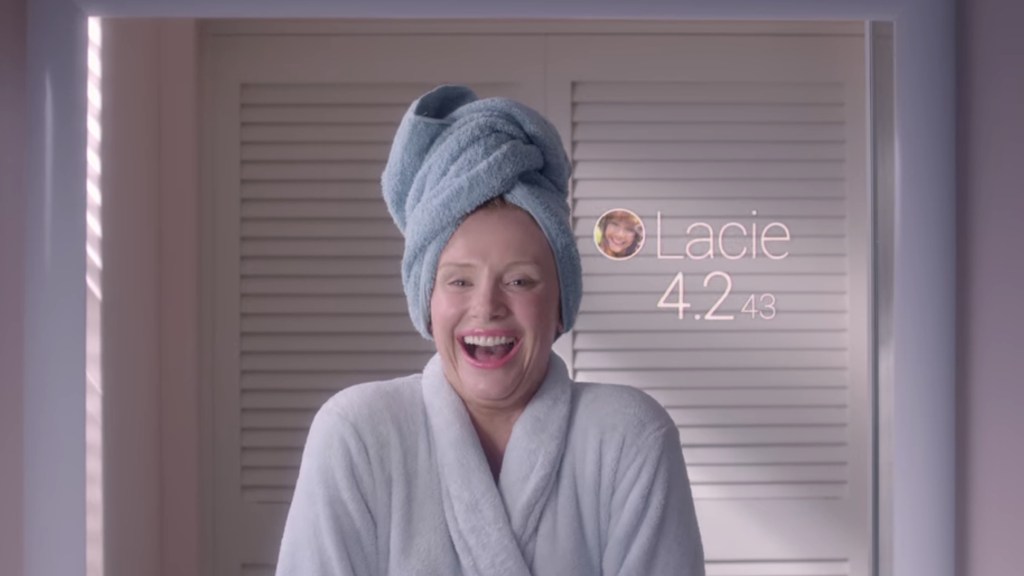
The show that has best tapped the modern psyche and capitalized on our fears of technology has to be Black Mirror. Created by Charlie Brooker, this anthology series explores our relationship with tech through terrifying, often dystopian tales. While early seasons aired in the UK, Netflix’s pickup brought the show to a global audience, and episodes like “Nosedive,” “San Junipero,” and “Hang the DJ” became instant classics. Each standalone story offers a cautionary tale, merging the format of The Twilight Zone with the darkest and most twisted 21st-century anxieties imaginable.
Black Mirror is particularly unsettling because each episode depicts a future that feels entirely possible. Its speculative fictionalizations are often just one step removed from current headlines. Amid the cynicism, beauty, and even optimism occasionally peek through in the show’s rare happy episodes, which lend a dynamic complexity to the series that is beloved by viewers and critics alike. With each new episode, Black Mirror invites us to look inward and ask how far we’re willing to go in the name of progress. For some fans, the show’s poignancy fell off several seasons in, but for many, it remains the most realistic and cautionary sci-fi series of the modern era.
1) Battlestar Galactica
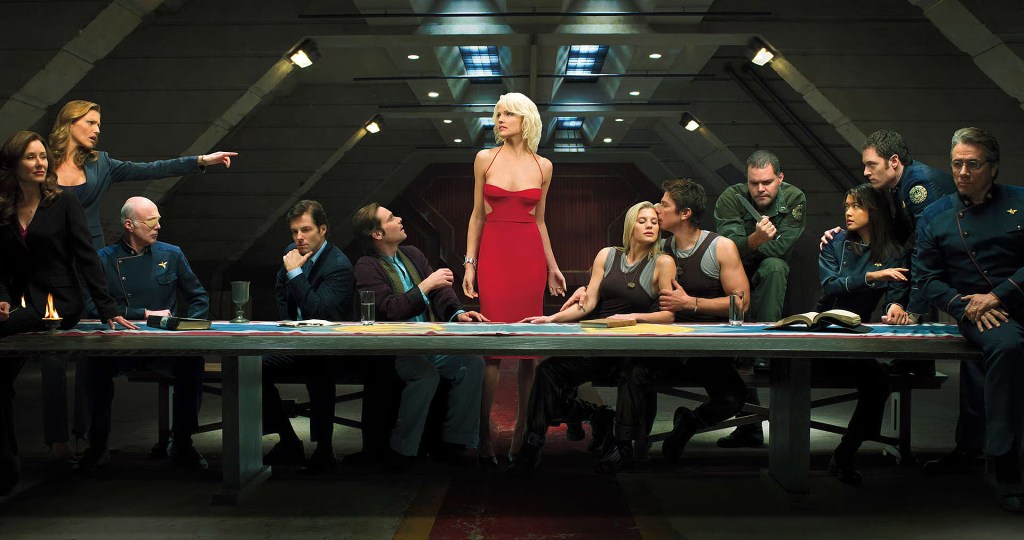
In his reboot of Battlestar Galactica, Ronald D. Moore took a cheesy 70s show and somehow managed to transform it into the most profound science fiction series of the new millennium. Set in the aftermath of a genocidal attack by AI known as Cylons, the episodes follow the last remnants of humanity as they search for Earth. What unfolds is nothing less than a masterclass.
Moore’s reimagining landed in the wake of 9/11; it was a bold political allegory that explored military overreach, torture, religious extremism, and the moral trade-offs made in the name of survival. Battlestar Galactica challenged viewers to confront uncomfortable questions about what becomes acceptable in the face of annihilation. The show’s portrait of a fractured human society provided well-rounded commentary on the real-world politics of the time. It portrayed leadership as an agonizing burden, with Edward James Olmos and Mary McDonnell delivering iconic performances as Admiral Adama and President Roslin. Battlestar Galactica became a paradigm of serialized sci-fi, paving the way for shows like The Expanse and Westworld to explore moral complexity and long-form stories. Its critical acclaim, which included a Peabody Award and a couple of Emmys, cemented its place in TV history, and its legacy can still be felt in the genre today.
Let us know your picks for the best sci-fi TV of the 21st century in the comments.



